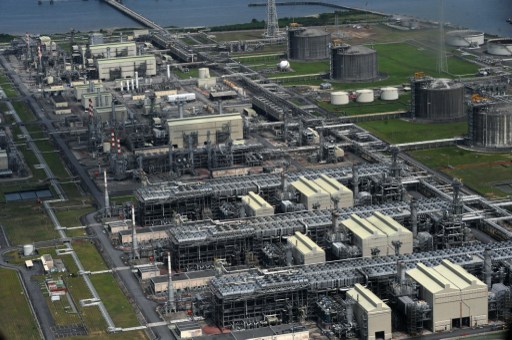Nigeria’s new status as Africa’s top oil, gas investment hub, credit to Tinubu’s policy President Bola Ahmed Tinubu’s investor-friendly fiscal policies have been pinpointed as the reason for Nigeria’s new leading status as Africa’s top oil & gas investment hub, a renowned media group has observed.
The Tinubu Media Support Group (TMSG) which based its observation on the affirmation of Nigeria as Africa’s No. 1 upstream oil and gas investment destination by a leading global market intelligence firm, Wood Mackenzie, attributed the features to President Tinubu’s remarkable efforts at turning the economy around.
These efforts, according to the media group, are evident in Nigeria attracting three out of four Final Investment Decisions (FIDs) by global oil and gas majors for the African continent in 2024.
In a statement signed by its Chairman Emeka Nwankpa and Secretary Dapo Okubanjo, TMSG hinged the country’s new status on policies that were deliberately introduced and deployed by the clear-headed Tinubu administration to open up the sector for fresh investments.
It said: “The affirmation of Nigeria as Africa’s No. 1 investment destination in 2024 is a big deal considering where Nigeria was a few years ago when it lost its place as the continent’s leader in that sector.
“On assuming office, President Bola Tinubu left no doubt about his readiness to fulfil his campaign pledge to boost oil and gas investments in the country.
“He clearly followed up that pledge in February 2024 by signing three Executive Orders, which according to the Presidency, were designed to unlock $10 billion investments in a sector that hardly attracted new investments in more than a decade ago.
“For the avoidance of doubt, some of the incentives include tax relief for gas investors, reduction in company income tax and several other incentives, especially for deep water gas projects.
“It is also instructive that one of the five policy directives centred on reducing contracting costs as well as timelines for awarding contracts for oil and gas projects to about six months from about 32 months in some cases.
“Since then, we have seen Shell’s $122 million investment in the Iseni Gas Project, Total Energies’ $566 million commitment to the Ubeta Gas Project in collaboration with the Nigerian National Petroleum Company Limited (NNPCL) and Shell’s approval of a $5 billion investment in Bonga North deepwater project.
“We acknowledge that the Petroleum Industry Act (PIA) which became a reality on the watch of former President Muhammadu Buhari in 2021 may have played some role but there is no doubt that President Tinubu’s fiscal incentives further created a conducive investor-friendly environment which the oil majors and the new players in the industry could not afford to ignore.
“There is a possibility that the incentives will yield bigger dividends in 2025, especially as no fewer than two investment commitments are expected within the first few months of the year.
“In addition, the Nigerian Upstream Petroleum Regulatory Commission (NUPRC) is projecting an investment inflow of about $17.67 billion into the upstream petroleum sector in the next five years.
“We can therefore say confidently that Nigeria’s target of 4 million barrels per day of oil production and 10 billion cubic feet of gas output by 2030 is realizable on the back of the offshore oil and gas incentives of the Tinubu administration.”
TMSG also commends the Special Adviser to the President on Energy Olu Verheijen for a good job of coordinating the rollout of the oil sector reforms.














